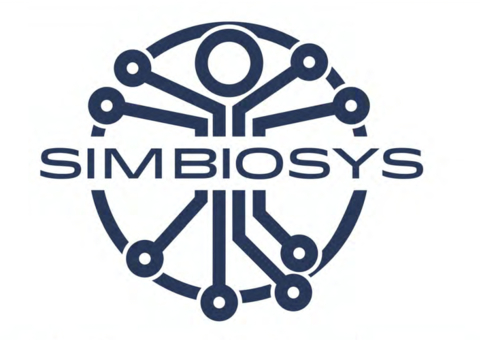SimBioSys Presents Nine Applications of TumorScope Platform at AACR 2022
SimBioSys Presents Nine Applications of TumorScope Platform at AACR 2022
The company’s first appearance at this prestigious cancer research conference profiles use cases of platform for cancer treatment planning and as a cancer research tool
NEW ORLEANS & CHICAGO--(BUSINESS WIRE)--SimBioSys, the technology company that predicts tumor responses to therapy, today announced it will present nine posters at the AACR Annual Meeting 2022, taking place in New Orleans from April 8-13. The posters will show the breadth of applications for the platform, from clinical uses in evaluating existing treatment options for patients with breast cancer, to metabolic profiling of solid tumors such as breast, prostate, and pancreatic cancers, as well as melanoma.
SimBioSys will showcase TumorScope at the AACR for the first time in a poster session on April 11. The biophysical simulation platform allows physicians and patients to better visualize and understand cancer and predict treatment response using only standard of care data to select the best possible therapy based on the patient’s own unique biology.
“As the number of oncology therapeutics continues to increase, it is of critical importance to have tools like TumorScope that can accurately predict patient outcomes prior to therapy to facilitate effective personalized care,” said Tushar Pandey, CEO of SimBioSys.
At AACR, the company will present data on an independent validation study of TumorScope in collaboration with the University of Cincinnati. The study demonstrates how TumorScope predicts the pathological complete response (pCR) in breast cancer patients using only standard of care diagnostic data with an accuracy above 90 percent. This robust performance was observed across all breast cancer subtypes.
The utility of TumorScope transcends the clinic, where another poster highlights the use of the technology in a systems medicine-based approach to perform comprehensive metabolic profiling of various tumor types. The combination of RNA-sequencing data and metabolic network modeling made possible the identification of specific metabolic profiles, potentially key drivers of the tumor response to therapy thereby contributors of patient outcome. The results include data on breast cancer, lung adenocarcinoma, pancreatic adenocarcinoma, metastatic melanoma, clear renal cell carcinoma and salivary cystic adenoid carcinoma. This approach can be utilized as a systematic way to identify metabolic targets for treatment.
These clinical and research application studies, along with data on the biology behind racial disparities in breast cancer and pathology data, will also be presented at the conference.
“We are excited to present our technology and our research for the first time at the AACR,” said Pandey. “It is the ideal platform to showcase Tumor Scope’s utility not only in the clinic, but as a powerful cancer research tool with applicability in drug development.”
The full nine abstracts and posters can be found here. For more information on these studies, please visit www.simbiosys.com.
About SimBioSys:
SimBioSys is a technology company deploying a combination of artificial intelligence and biophysical simulations to improve our understanding of cancer. By virtualizing cancer, SimBioSys aims to empower clinicians and patients with a better understanding of the disease and the ability to assess all available options computationally to truly individualize treatment.
Contacts
Andrea Vuturo
Vuturo Group for SimBioSys
andrea@vuturo.com
+1-415-689-8414
